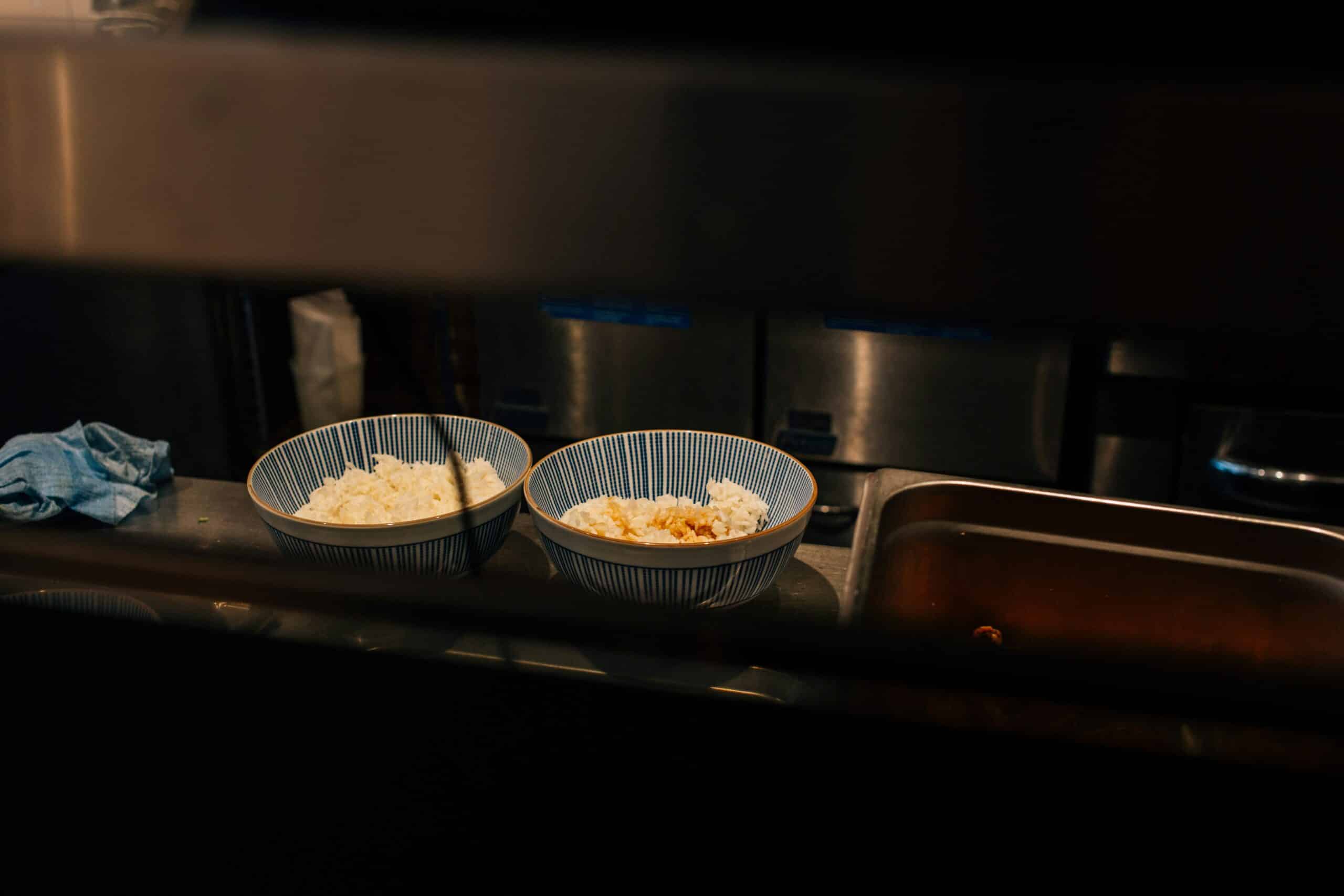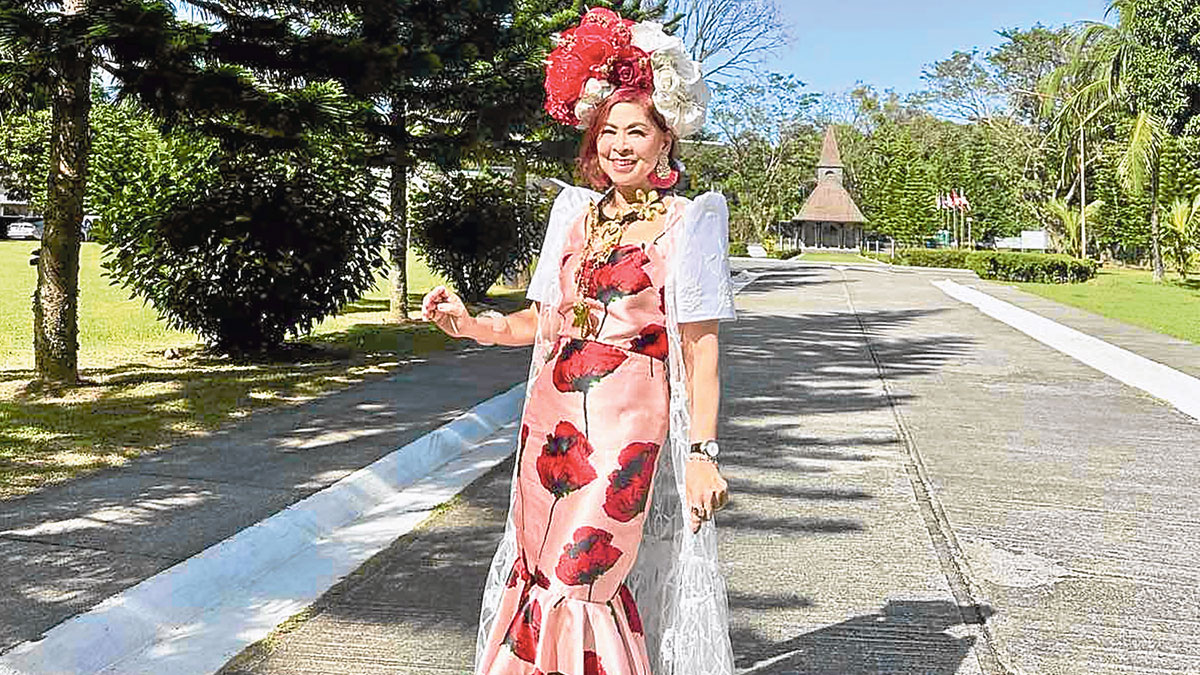Self-medication is a practice—and often a problem—that people do all the time. Advertising has worsened the situation as it persuades people that health woes are solved by the pill or syrup being endorsed by a celebrity.
Many so-called medicinal products and health supplements publicly claim outrageous benefits that they almost seem like the miracle cure for the world’s age-old health problems.
Technology compounds the situation. Many people now go online to seek the remedy to their ailments, thinking they can save on costs through it.
Sadly, they often end up paying more for medical care as the hyped medication turns out to be no better than sugared water and may even be downright unsafe.
Dr. Cynthia C. Diza, officer in charge of the ethical market communication unit of the Department of Health’s Food and Drug Administration (FDA), has written to Inquirer editor in chief Letty Jimenez Magsanoc for assistance in efforts to “protect patients and consumers [against] misleading advertisements and promotional materials.”
People may not be aware that under FDA’s Administrative Order 65 issued in 1989, only products registered with the agency may be advertised and promoted.
More importantly, “prescription drugs shall not be advertised through mass media but only in medical or health publications/journals.”
Republic Act 7394, or the Consumer Act of the Philippines, prohibits sales promotion activities without a permit from FDA, as part of the law’s goal to protect consumers against “deceptive, unfair and unconscionable sales acts or practices misleading advertisements and promotion practices.”
RA 9711, which created the FDA (it used to be called the Bureau of Food and Drugs), strengthens the agency’s regulatory capacity “to prescribe standards, guidelines and regulations with respect to information, advertisements and other marketing instruments and promotion, sponsorship and other marketing activities about health products.”
In line with this task, the FDA issued a memorandum circular requiring that the phrase “No approved therapeutic claims” be replaced with “Mahalagang Paalala: Ang (product name) ay hindi gamot at hindi dapat gamiting panggamot sa anumang uri ng sakit.”
Personally I think the Filipino version is clearer. The English phrase had me confused, as even vitamin supplements’ labels carried them. Now I know that “therapeutic” refers to curative properties.
The vitamin endorsed by Benjie Paras and his son Kobe underscores the point, reminding people the product is not to be used as a medicine or substitute for prescription drugs.
Doctors will welcome this clarification. They get frustrated when patients do not complete their medication regimen because they have heard, read or Googled that some supplements will banish their health problems.
Promotional materials may not claim outright that the products they tout are cure-alls, but they usually leave out the very important information that they are not substitutes for a doctor’s prescription.
Incidentally, the deadline for manufacturers to comply with the label change was May 31. By now, products in the market should be carrying the new Filipino-version reminder.
Check out the products you buy and let the FDA know if they are still not compliant.
While there are government agencies given the responsibility to protect our interests, health and well-being as consumers, it is our own vigilance that will ensure that the authorities do their jobs properly and efficiently.
Send letters to The Consumer, Lifestyle Section, Philippine Daily Inquirer, 1098 Chino Roces Ave. cor. Mascardo and Yague Sts., 1204 Makati City; fax 8974793/94; or e-mail [email protected].












































